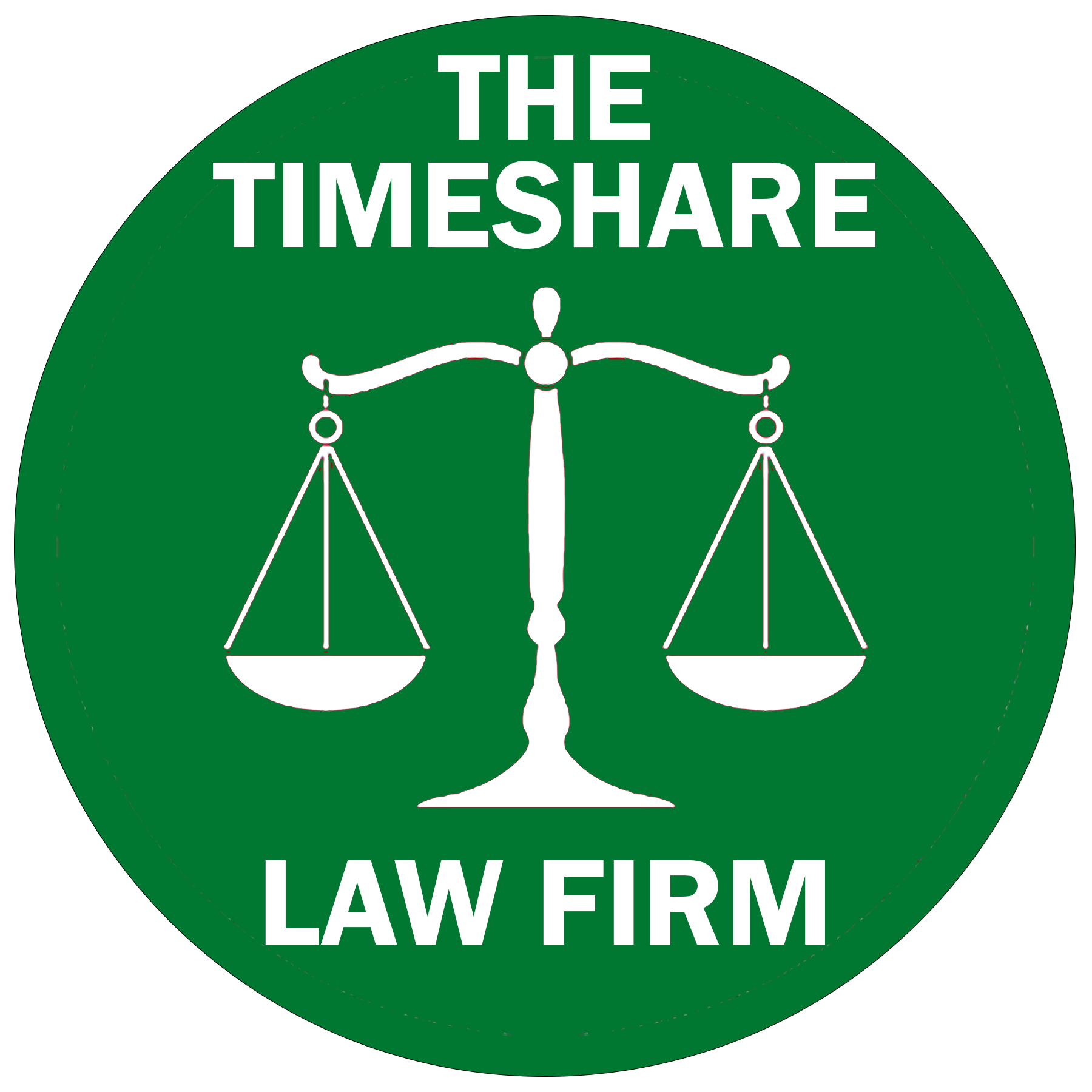Kansas
Liable Charges: Contempt of Court, in addition to any penalties imposed by the Kansas Supreme Court.
“(a) A person who is not licensed or otherwise authorized by the Kansas supreme court to practice law in this state shall not do any of the following:
(1) Commit any act or omission that is prohibited by the Kansas supreme court, either by court rule or by common law, as being the unauthorized practice of law;
(2) hold out to the public or otherwise represent, expressly or by implication, that such person is admitted to practice law in this state;
(3) solicit payment or other consideration, whether in cash or in-kind, for services that would constitute the unauthorized practice of law in this state if performed at or about the time of such solicitation; or
(4) offer or attempt to do any act prohibited by this subsection.
(b) A violation of subsection (a) constitutes an unconscionable act or practice in violation of K.S.A. 50-627, and amendments thereto, whether or not it involves a consumer, a consumer transaction or a supplier, as defined in K.S.A. 50-624, and amendments thereto.
(c) For the purposes of this section:
(1) “Person” means an individual who, or any corporation, agency, partnership, association or other legal entity that, knowingly commits acts or omissions that violate this section or aids or abets a person to commit acts or omissions that violate this section;
(2) a person described in subsection (a) shall be deemed a supplier within the meaning of K.S.A. 50-624, and amendments thereto; and
(3) an individual, sole proprietor, partnership, corporation, limited liability company, the state or a subdivision or agency of the state aggrieved by a violation of subsection (a) shall be deemed a consumer within the meaning of K.S.A. 50-624, and amendments thereto.
(d) Any remedies or penalties imposed pursuant to this section shall be in addition to, and not instead of, any remedies or penalties available under the contempt power of any court.
(e) The provisions of this section shall not apply to statewide, judicial district or municipal court-supervised public assistance offices and programs, victims assistance programs operated by a county or district attorney, court clerk, county law library, legal aid services providers, legal outreach programs operated by a state or local bar association or an employee of any such entity acting within the scope of employment.
(f) This section shall be part of and supplemental to the Kansas consumer protection act.”
—§ 50-6,142

